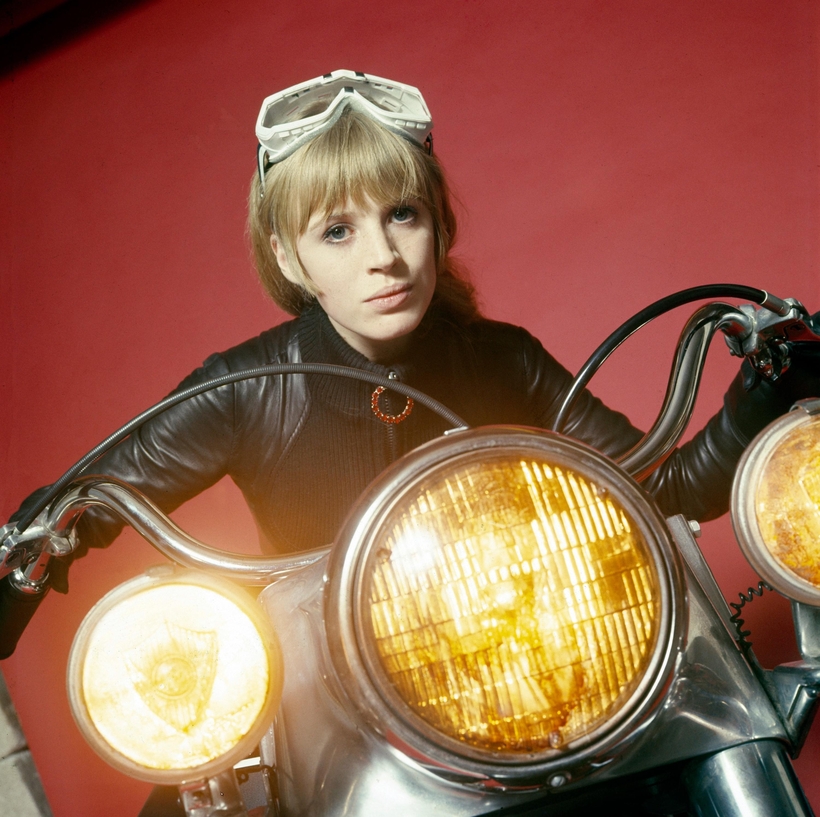They should have put her on a British pound note. That bewitching face stopped Bob Dylan and Mick Jagger in their tracks. To recast Ken Tynan’s description of Garbo, what one saw in other women while stoned, one saw in Marianne Faithfull sober. With her ethereal beauty, her long blond hair and thick bangs, her music, and her work as an actress, she embodied the era of London’s Swinging Sixties. She died last week in that city at the age of 78.
I met Marianne when I was barely out of my teens, the first student of the Jack Kerouac School of Disembodied Poetics, founded by Allen Ginsberg and his “crazy wisdom” Buddhist teacher, Chögyam Trungpa. Those were heady and hazy days. I remember seeing Marianne in a vintage-clothing store in Boulder, Colorado, trying on vests and hats. Those signature bangs she wore in the 60s were gone, as she had taken to wearing her hair in a swept-up, rockabilly style.


